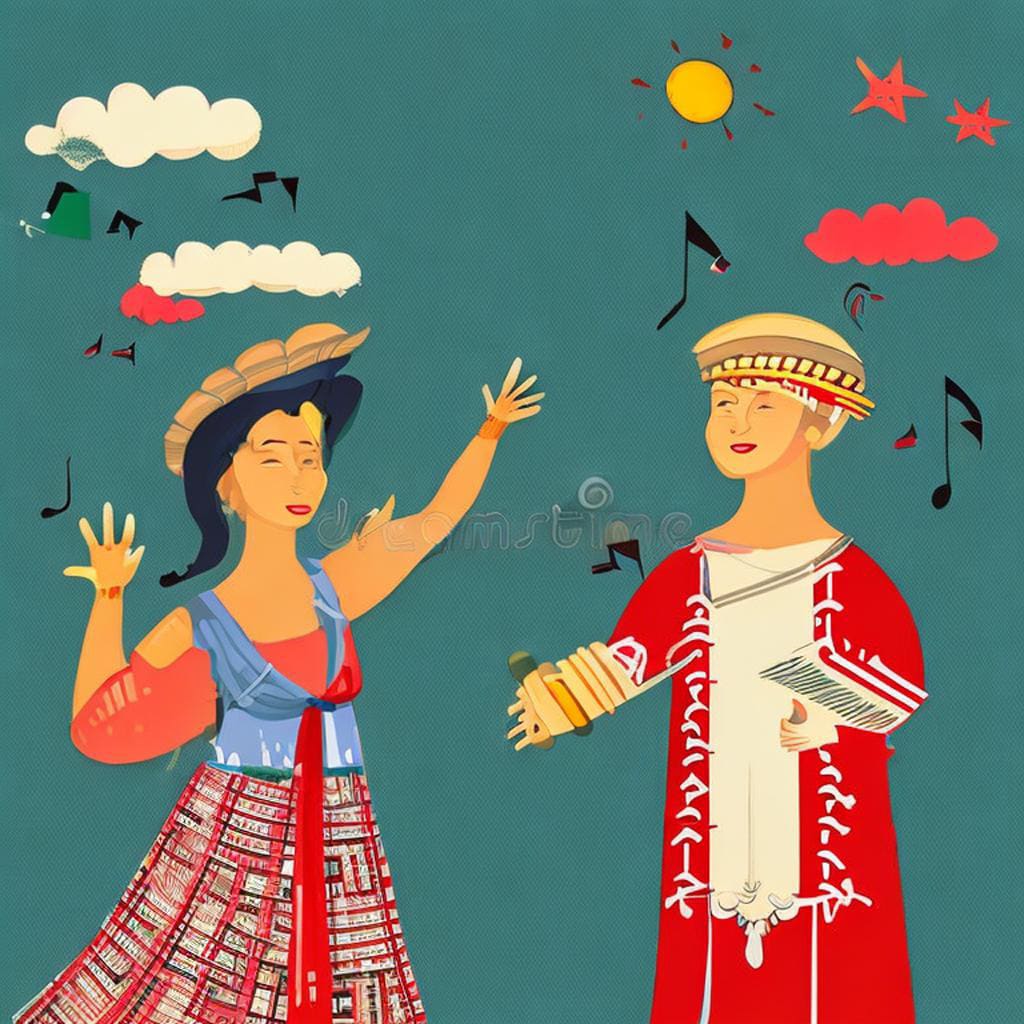Linguistic approach to liberty, choice and freedom
The linguistic approach to liberty, choice, and freedom involves examining the ways in which these concepts are expressed and understood through language.
Liberty refers to the state of being free within society from oppressive restrictions imposed by authority on one’s way of life, behavior, or political views. This concept is often expressed through language that emphasizes individual rights and autonomy, such as phrases like “life, liberty, and the pursuit of happiness” or “freedom of speech.”
Choice, on the other hand, is the act of selecting or making a decision between two or more options. This concept is often expressed through language that emphasizes agency and decision-making, such as phrases like “the power of choice” or “to choose one’s own path.”
Freedom refers to the state of being free from external control or constraint, and is often expressed through language that emphasizes the absence of limits or restrictions, such as phrases like “free will” or “the freedom to be oneself.”
In examining these concepts through language, linguists might analyze the use of specific words or phrases, as well as the cultural and historical contexts in which they are used. They might also study the ways in which language is used to shape and reinforce social and political structures that either support or inhibit these concepts of liberty, choice, and freedom.
Difference between liberty and freedom
The terms “liberty” and “freedom” are often used interchangeably, but there is a subtle difference in their meanings.
Liberty generally refers to the state of being free from oppressive restrictions imposed by authority on one’s way of life, behavior, or political views. It emphasizes the absence of external constraints on an individual’s actions and choices.
Freedom, on the other hand, refers to the state of being free from external control or constraint. It emphasizes the absence of limits or restrictions on an individual’s actions, choices, or movements.
In other words, liberty is more focused on the absence of restrictions on one’s thoughts and beliefs, whereas freedom is more focused on the absence of physical constraints on one’s actions.
For example, the First Amendment of the US Constitution protects the liberty of free speech, religion, and the press, which means individuals are free to express their thoughts and beliefs without fear of government censorship or punishment. On the other hand, the right to freedom of movement allows individuals to travel and move about freely without being physically constrained or restricted.
Overall, while liberty and freedom are closely related concepts, they emphasize different aspects of the state of being free, with liberty emphasizing the absence of restrictions on one’s thoughts and beliefs, and freedom emphasizing the absence of physical constraints on one’s actions.
Choice = liberty
The debate on whether choice is equivalent to liberty has been ongoing for centuries, with different perspectives and interpretations from various philosophers, sociologists, and political scientists. Some argue that choice is an essential component of liberty, while others contend that too much choice can actually limit liberty.
Those who argue that choice is equivalent to liberty suggest that individuals must have the ability to choose among different options to be truly free. From this perspective, choice is a fundamental aspect of autonomy and self-determination, and the more choices individuals have, the more opportunities they have to exercise their free will. This argument is often used to support a free market economy, where individuals are free to make their own economic decisions based on their preferences.
However, others contend that too much choice can actually limit liberty. From this perspective, having too many choices can be overwhelming and create a sense of anxiety, leading to decision paralysis or regret. This argument is often used to criticize the modern consumerist culture, where individuals are bombarded with an endless array of choices and options.
Another argument against the equivalence of choice and liberty is that not all choices are created equal. Some individuals may have more opportunities and resources to exercise their choices, while others may face barriers and limitations that restrict their choices. In this sense, choice alone does not necessarily guarantee liberty, as individuals must also have the necessary resources and opportunities to exercise their choices freely.
The relationship between choice and liberty is complex, with different perspectives and interpretations from various disciplines. While choice can be an essential component of liberty, it is not always sufficient, and the context and conditions in which choices are made must also be considered.
List of well-known folk songs on liberty, choice, and freedom from different parts of the world
- “We Shall Overcome” – a civil rights anthem that originated in the United States and has been sung by people fighting for liberty and freedom all over the world.
- “La Marseillaise” – the national anthem of France, which is known for its message of freedom and resistance against tyranny.
- “Bella Ciao” – an Italian partisan song that has become a symbol of resistance against fascism and oppression.
- “El Pueblo Unido Jamás Será Vencido” – a Chilean protest song that translates to “The People United Will Never Be Defeated,” which became a symbol of resistance during the Pinochet dictatorship.
- “Guantanamera” – a Cuban folk song that speaks of the beauty and freedom of the Cuban people.
- “The Internationale” – a socialist anthem that originated in France, which speaks of international solidarity and the fight for freedom and equality.
- “Nkosi Sikelel’ iAfrika” – a South African hymn that became a symbol of resistance during the apartheid era, and was later adopted as part of the country’s national anthem.
- “Solidarity Forever” – an American labor anthem that speaks of the power of workers’ solidarity and the fight for justice and freedom.
- “Kumbaya” – an African American spiritual that speaks of the hope for peace and unity among people of different backgrounds.
- “We Shall Not Be Moved” – an American gospel song that became a civil rights anthem, speaking of the determination to resist oppression and fight for freedom.
- “Oh Freedom” – an African American spiritual that speaks of the desire for freedom and the fight against slavery and oppression.
- “The Times They Are A-Changin'” – a protest song by American singer-songwriter Bob Dylan that became an anthem for the civil rights and anti-war movements in the 1960s.
- “Imagine” – a song by John Lennon that envisions a world without barriers, borders, or divisions, and encourages people to imagine a future of peace and unity.
- “The Ballad of Joe Hill” – an American folk song that tells the story of a labor activist who fought for workers’ rights and was ultimately executed for his beliefs.
- “Ain’t Gonna Let Nobody Turn Me Around” – an African American spiritual that expresses the determination to resist oppression and overcome obstacles on the path to freedom.
- “El Derecho de Vivir en Paz” – a Chilean protest song by Victor Jara that became a symbol of resistance against the Pinochet dictatorship.
- “Ella’s Song” – a song by Sweet Honey in the Rock that celebrates the courage and resilience of women in the face of oppression and injustice.
- “The Lion Sleeps Tonight” – a South African folk song that became a symbol of resistance against apartheid and the struggle for freedom and equality.
- “El Pueblo Unido” – a song by the Chilean group Quilapayún that celebrates the power of the people and the struggle for freedom and justice.
- “This Land is Your Land” – an American folk song by Woody Guthrie that celebrates the beauty and diversity of the United States and encourages people to claim their rights and freedoms.
- “Strange Fruit” – an American protest song by Billie Holiday that speaks out against the lynching of African Americans and the injustices of racism.
- “Zombie” – a protest song by The Cranberries that speaks out against the violence and oppression of the Troubles in Northern Ireland.
- “Viva la Vida” – a song by Coldplay that celebrates the power of the people and the possibility of a brighter future.
- “Lift Every Voice and Sing” – an African American hymn that became known as the “Black National Anthem” and speaks of the struggle for freedom and equality.
- “We Are the World” – a charity single that brought together dozens of musicians to raise awareness and funds for humanitarian causes around the world.
- “La Lucha Continúa” – a Puerto Rican protest song that became a symbol of the struggle for independence and freedom.
- “Blowin’ in the Wind” – a protest song by Bob Dylan that asks powerful questions about peace, freedom, and justice.
- “Bread and Roses” – an American labor song that speaks of the need for both material and cultural uplift for workers and their families.
- “The Partisan” – a French Resistance song that speaks of the courage and sacrifice of those who fight for liberty and freedom.
- “Killing in the Name” – a protest song by Rage Against the Machine that speaks out against police brutality and systemic racism.
These are just a few examples of the many folk songs from around the world that have become symbols of liberty, choice, and freedom, inspiring people to resist oppression and fight for a better future.

Text with help of openAI’s ChatGPT Laguage Models & Fleeky – Images with help of Picsart & MIB
Thank you for questions, shares and comments!
Share your thoughts or questions in the comments below!






